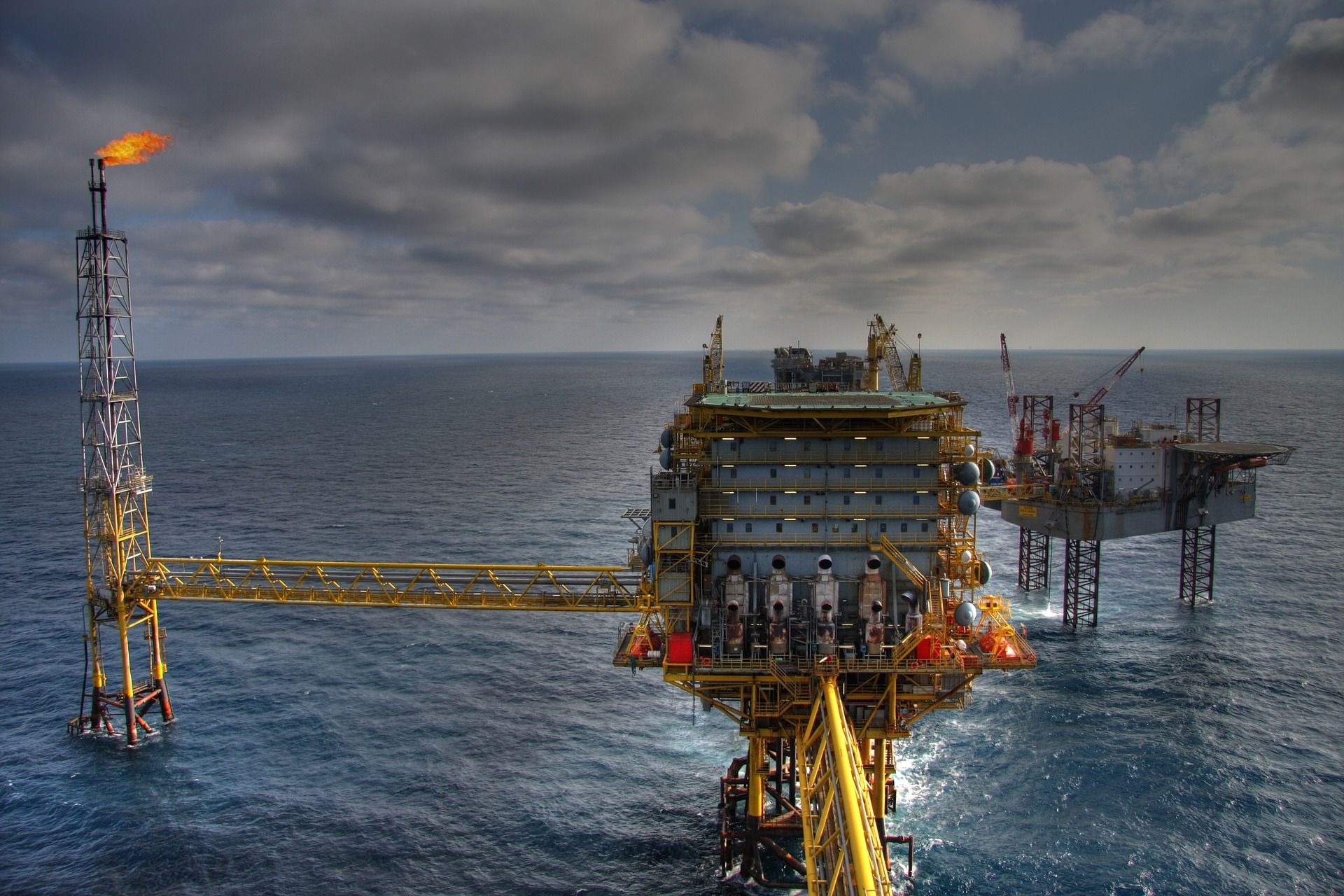To float or not to float: What stopped the worlds largest public flotation
Saudi Arabia’s state-controlled company Aramco, alleged to be the largest ever company to potentially become public, has come under suspicion as critics claim that the deal will never happen. King Salman, the father of the ambitious Crown Prince Mohammed bin Salman, has overruled the decision.
The company ranks as the world’s largest oil and gas business and generates $1bn per day according to Forbes and is planning the world’s largest stock market flotation worth an estimated $2tn (£1.5tn). Saudi Aramco planned to sell a 5% stake and raise $100bn when there are ‘favourable marketing conditions’ according to Khalid al-Falih, Saudi’s energy minister and chairman of Saudi Aramco. However, an unnamed source familiar with the initial public offering told Reuters that the flotation would be cancelled, raising speculation to a controversial deal.
Stock market flotation refers to the process of converting a private company into a public company by issuing shares available to the public. Saudi Aramco was proposing 5% of its company as an initial public offering, but it seems that the Saudis are keen on holding onto their crown jewels.
The timing of the deal has raised much controversy as reports that Saudi Aramco planned to scrap the flotation to focus on the acquisition of a local petrochemicals maker. Saudi had stressed that they are going ahead with the flotation and that reports are incorrect. However, overruled by his father, the ambitious plans for the world’s biggest stock market flotation have officially been scrapped.
London, amongst several financial centres such as New York and Hong Kong, hoped to host the flotation which caused controversy due to changes to listing rules which was seen to accommodate the Aramco flotation
Falih stated that “the government remains committed to the IPO [initial public offering] of Saudi Aramco…when conditions are optimum”. He denied that the company is delaying the deal and will then call it off. The lack of solid timing suggested very early on that the flotation was not going to go ahead.
The location to host the potential Aramco flotation remained a big question. London, amongst several financial centres such as New York and Hong Kong, hoped to host the flotation which caused controversy due to changes to listing rules which was seen to accommodate the Aramco flotation.
The Financial Conduct Authority’s move to change the listing rules to boost the chances of London hosting the $2tn stock market flotation lead to criticism from business and investment organisations. They stated that it abandoned some corporate governance rules for state-owned companies on the new premium listing in order to beat its rivals in New York and Hong Kong. As a result, Aramco would have been exempt from signing the controlling shareholder agreement, which requires the biggest investor to operate from afar from the business and be subject to shareholder approval for transactions.
Although the ambitious prince was willing to raise money through the flotation, conservative opinion in the Saudi dynasty were keen for the company to remain private and closed to investigation
The Investment Association argues that there could be ‘unintended consequences’ and that the new premium listing should be reviewed after two years. This is due to fears of a reduction in standards of corporate governance.
Saudi’s Crown Prince Mohammed bin Salman hoped to raise revenues from its $2tn flotation to fund ambitious economic reforms to reduce the Kingdom’s reliance on its oil revenue by advancing its public investment programme and on the financial sector. Although the ambitious prince was willing to raise money through the flotation, conservative opinion in the Saudi dynasty were keen for the company to remain private and closed to investigation.
The steep valuation itself suggested to investors that they had not completed rigorous checks, nor were they willing to allow outsiders to provide an audit for the company. Investors lost hope in the valuation of Saudi Aramco which is seen as too ambitious by financial and oil experts. Financial information about Saudi Aramco is a closely guarded state secret, meaning that the valuation could have been much lower.
According to the Financial Times, the flotation could only total $1.1tn concurring to recent oil prices and future oil price estimates. This calculation is also based on Bloomberg’s evidence of Saudi Aramco making only $33.8bn in the first half of 2017, thus rendering the flotation value too ambitious. As a result, spectators and critics were unsure of the valuation of the stock market flotation price proposed by the Saudi government.
The reluctance of the king to allow outsiders to have a stake in the machine of Saudi Arabia also played a significant part in the collapse
Although plans for the world’s largest stock market flotation seemed to be under way, many anticipated that would not happen due to problems with its value and the Crown Prince’s ambitions elsewhere. In addition, the reluctance of the king to allow outsiders to have a stake in the machine of Saudi Arabia also played a significant part in the collapse. While he was trying to bring Western corporate responsibility to the Middle East, controversy with listings in London and no fixed timing seemed to be contradicting Saudi’s desires for reliable and stable finances due to their own actions suggesting that, as a result, the world’s largest stock market flotation was shot down before it had even begun.

Comments